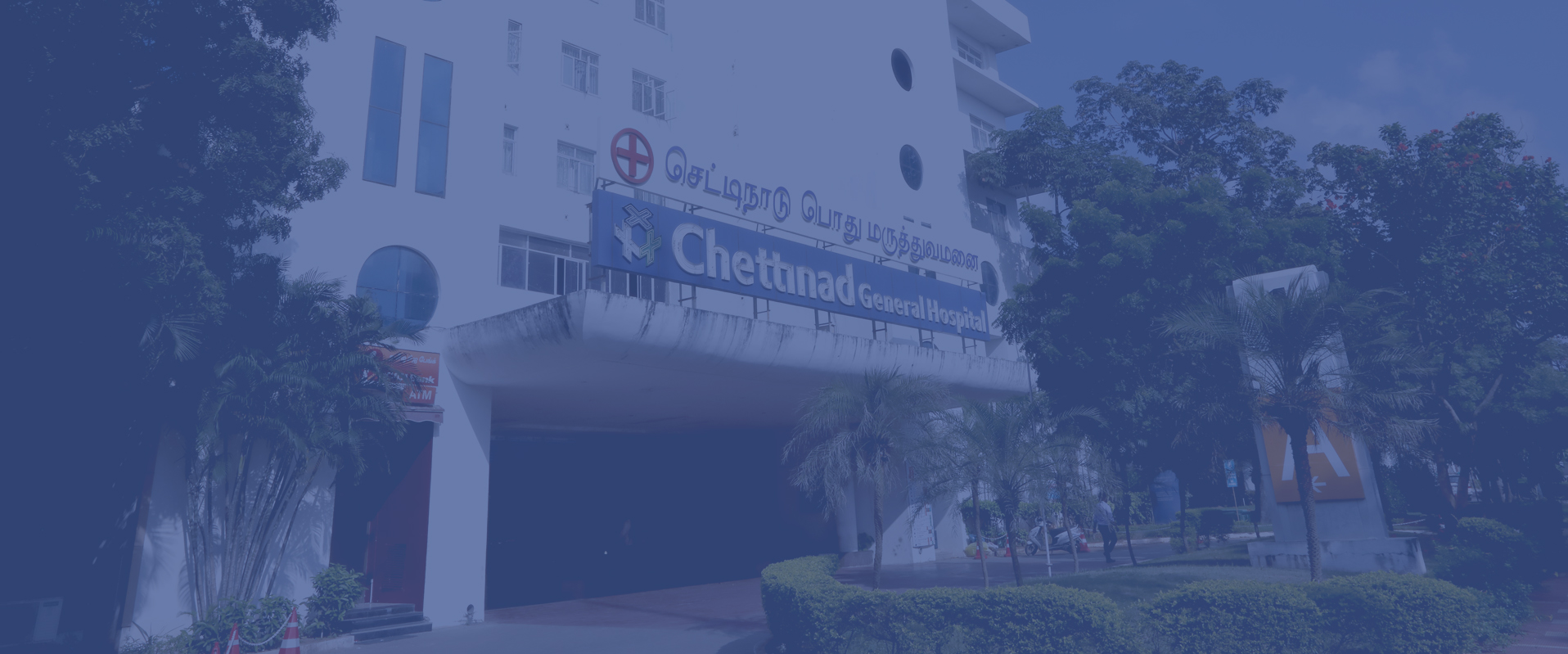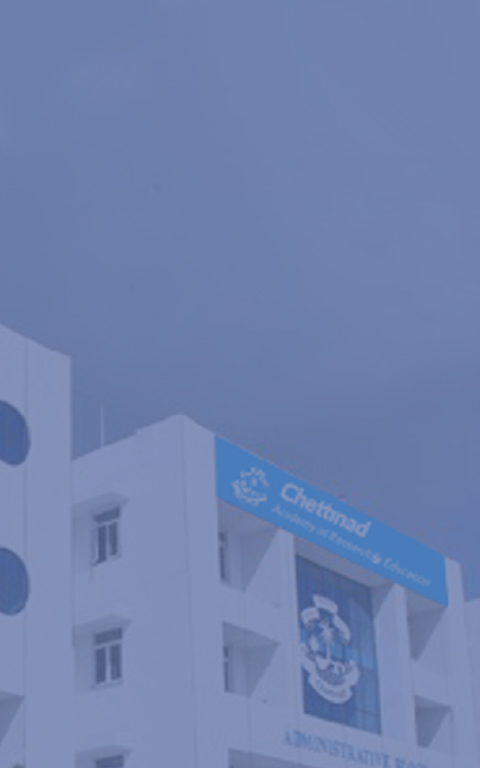

Patient & Visitor Guide
Foran Elective Surgery or Procedure, once your doctor decides you need to be hospitalized, you will be asked to signify your acceptance of the anticipated tariff to cover your treatment and stay in the hospital. After this step is completed, you will be given a date for admission as well as pre-operative instructions.
If your surgery is being done on an emergency basis, through the Outpatient Clinic or through Emergency Services, an admission deposit based on the anticipated procedure cost and your estimated length of stay will be required.
When you arrive for a Hospital Stay:
On the day of your admission, reach the hospital in time to avoid anxiety. Go directly to the In-Patient Admissions Counter where you will be helped with the admission procedure. If you are to undergo surgery, you will be asked to give your written consent prior to the procedure.
A parent or guardian must sign consent forms for minors. For elective surgery or procedures, a deposit is to be made. Once all your paperwork is complete, you will be escorted to the area where you and your Attendant will be staying.
Keep your belongings safe:
If surgery or a procedure is required, a nurse will explain any preparations that need to be done beforehand and will talk with you about what to expect before and after the procedure or surgery. The nurse will be happy to answer any questions. Many surgical procedures require a stay of one or more days in the ICU following surgery, after which, the patient will be assigned a different bed than the one occupied by him/her before surgery. Therefore, you need to arrange to remove all personal belongings from that room or ward when you are transferred to the surgical theatre.
What to bring with you:
A list of all the medications you are taking, personal toiletries, and if necessary, contact lenses, eyeglasses, dentures, or hearing aid case.
What not to Bring:
Valuable articles or jewellery, cigarettes and any other intoxicants.
Your Attendant:
Your family and friends are an important part of your recovery, and they are welcome at CHC. For your benefit, we ask that they observe the visitor policies. An Attendant must stay overnight with you (with the exception of Critical Care Units). Most units offer a sleeping cot in your room at no additional cost. In the female wards, the Attendant must be female, in the male wards the Attendant may be of either sex. Attendant passes are issued at the time of admission at the Admissions Counter. All passes must be shown whenever entering or leaving the building or upon request.
The nursing staff will help you with any problem or concern you may have. If they are unable to resolve your concerns, please feel free to contact the Patient Services Department.
Pharmacy:
The Inpatient Pharmacy is open 24 hours a day, 7 days a week. Some drugs and supplies are also available without prescription.
Telephone:
Each Special room is provided with a telephone near the patient bed. You may receive calls by having your family and friends dial the hospital number and ask for you by name or room number. The operator will connect the call to your room. If you do not wish to receive calls, dial let the operator know in advance. Additionally, internal hospital telephones are located in all major lobby areas.
Television:
Each Special room and all waiting lobbies have televisions.
Preventing Falls:
Unless your nurse has approved it, don’t try to get in or out of bed without help. Your illness, treatment, or medication may make you temporarily dizzy or weak, so take your time when walking. It is suggested that you bring skid-proof slippers from home to use while walking after surgery.
Stay safe:
If you get up by yourself, sit in bed for a while before standing. Rise carefully, and begin walking slowly. Remember that you are more likely to faint or feel dizzy after sitting or lying down for a long time. If the side rails on your bed are in the “Up” position, please leave them there. They will protect you from falls and help you to turn in bed. Unless your doctor has specified a certain position, you may adjust your bed in any way that is comfortable. Ask your nurse to show you how to.
Movement in the Hospital:
Patients are requested not to leave their ward or floor although walking within the ward area is encouraged when appropriate.
Banking:
For basic banking needs, you can use the ICICI ATM at the entrance to Block A and Extension counter of Indian Overseas Bank at the Food Court.
Meals:
Our Dietary Department plans each meal based on the diet your doctor has ordered. All meals are nutritious and prepared in a hygienic manner. In order to maintain prescribed patient diets and to avoid any infection, bringing food from outside is prohibited. What you eat is a very important part of your recovery. If your doctor has placed you on a restricted diet, clinical dieticians are available to counsel you. In general, a patient will be required to fast before certain procedures. The patient is requested to take direction from the physician, dietician, or nursing staff as to the food to be consumed prior to and following the procedure.
Your Attendant may have his/her meals in your room after placing an order and a cash payment with the representative the Catering Department. Or, they may call the Catering Department and place their order. Their tray will be delivered to your room.
Going Home:
Your doctor will sign a discharge order when you’re ready to go home. Your financial obligation must be settled prior to leaving the hospital. Your discharge summary will either be given to you or posted, depending on the time of day of your discharge. If you prefer not to wait for it, please request the nurse to have it posted to your address.
You should make arrangements in advance for a friend or relative to take you home. If you need a hired car or ambulance, please contact the reception desk. Your nurse will go over a list of instructions with you that will help your continued recovery at home. A discharge slip will be issued by the Charge Nurse and should be shown to the Security Guard when leaving the hospital.
After Leaving the Hospital:
If you need any emergency service, please contact your doctor immediately by telephone or report to the Casualty Department for help.
Duty managers are available round-the-clock at Emergency Trauma Care (ETC), C -Block.
Contact +91 98414 05000 for ambulance service
Contact +91 44 4741 1000 Extn: 2087 and 2048
- To decrease the chance of infection and ensure proper rest for all patients, we restrict the hours that visitors may see you.
Visiting hours are between 4.00 PM and 6.00 PM - No more than two visitors are allowed at a time.
- Visitors may obtain a pass at the reception desk before going to patient room or wards and it must be visibly worn. The pass must be relinquished at the counter so that the next visitor can be allowed in.
- Children above fourteen may visit with permission of the nurse. Younger children are not allowed.
- People with colds or infections should not visit patients.
- Each patient’s diet is strictly regulated in accordance with the patient’s medical requirements. Food is served from the hospital’s diet kitchen. Bringing food from outside the hospital is prohibited.
- In the interest of patients’ health, visitors are not permitted to smoke or consume any other intoxicant while inside the CHC campus.
- Only immediate family members are allowed to visit surgical patients. Family members wanting to speak to the surgeon after an operation should stay in the surgery waiting area. Hospital staff will keep your family informed of your progress.
- Immediate family may wait outside the CCU or ICU in the waiting area, where the doctors will brief them about the patient’s condition.
- In Paediatric Wards, any one of the parents may stay with the child.


